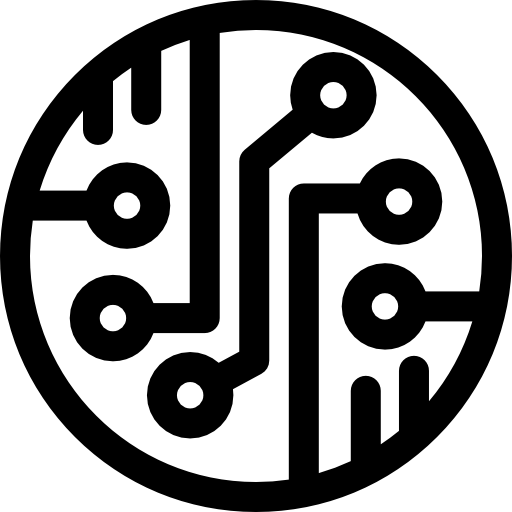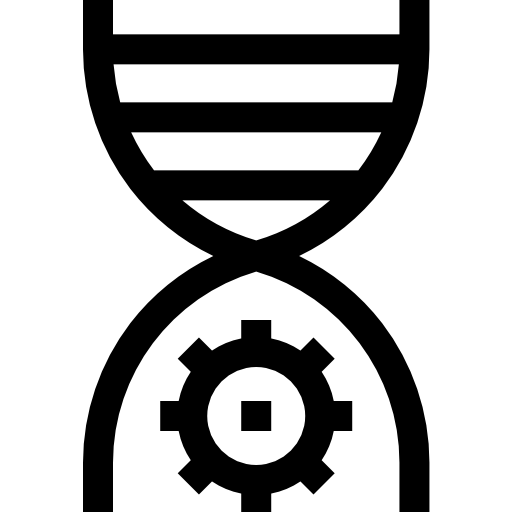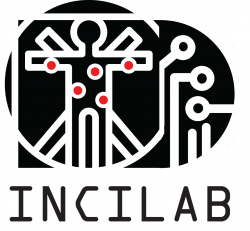Syllabus of MSN 513 – Micro/Nanostructured Sensors and Biosensing Applications
Department: Materials Science and Nanotechnology
Credits: Bilkent 3, ECTS 5
Semester: Fall Semesters
Contact Hours: 3 hours of lecture per week
Catalog Description: Introductory and fundamental concepts in sensors and transducers. Underlying biorecognition principles with multiple molecules and strategies. Designing surface chemistry approach for immobilization of biorecognition elements. Characterization tools and analysis. Biosensor approaches including nanoparticle-based sensing/imaging strategies, optical sensing modalities, electrochemical sensing strategies, and mechanical/acoustic sensing. Integrative technologies such as microfluidics, lab-on-chip systems, smart materials, and whole-cell machinery. Demonstrating applications in medical diagnostics, environmental monitoring, food/water safety, and security. Closing remarks with miniaturized and easy-to-use sensors, and their adaptation to our daily-life.

Weekly Syllabus:
- Course overview. Introductory concepts on sensors and transducers, historical development, and recent advances. Fundamental aspects of transduction: throughput, dynamic range, limit of detection, limit of quantitation, labelling/label-free strategies, and signal enhancement.
- Bioreceptors and molecular recognition: enzymes, antibodies, carbohydrates, nucleic acids, aptamers, lipids, and molecularly imprinting polymers.
- Surface chemistry approaches: surface functionalization, immobilization of biologically and chemically active groups.
- Characterization tools and analysis.
- Nanoparticle-based sensing and imaging strategies: paper-based assays, lateral flow assays, targeted imaging particles, and so on.
- Optical sensing modalities: surface plasmon resonance, photonic crystals, SERS, whispering gallery mode, etc.
- Electrochemical sensing strategies: amperometric, voltammetric, conductometric, impedimetric, and potentiometric sensors.
- Mechanical/Acoustic sensing strategies: cantilever-based systems, quartz crystal microbalance, and so on.
- Integrative systems: microfluidics and lab-on-chip systems.
- Integrative systems: smart materials and whole-cell machinery.
- Application: medical diagnostics (point-of-care, point-of-need, non-invasive and rapid tests).
- Application: sensing strategies for environmental monitoring, food/water safety and allergens.
- Application: sensors for security.
- Future perspective on sensors: miniaturizing and simplifying sensors for daily-use.
More Information: https://stars.bilkent.edu.tr/syllabus/view/MSN/513/CS_MS/
Syllabus of MSN 512 – Biomedical Materials
Department: Materials Science and Nanotechnology
Credits: Bilkent 3, ECTS 5
Semester: Spring Semesters
Contact Hours: 3 hours of lecture per week
Catalog Description: Biological and chemical basis of biomaterials. Types of biomedical materials and the material selection criteria. Chemical and physical properties of biocompatible materials for use in biomedical applications. Material – biological entity interactions: biocompatibility, healing, functionality, and biodegradation. Self-assembled biomaterials and artificial cells for use in biomedicine. Special biomedical products, biomaterials, tissue engineering, applications and issues. Biomedical sensors and disease diagnostic applications: biosensors (optical, electrical, and mechanical sensors), wearable and edible platforms, microfluidics, micro/nano-swimmers, and microarrays. Drug delivery strategies for use in cancer, diabetes, and other maladies.

Weekly Syllabus:
- Overview of biomedical materials: Historical development, fundamentals, and recent advances.
- Structure and chemical properties of biological materials such as amino acids, proteins, sugars, lipids, nucleic acids, inorganic ions, and so on.
- Chemically and biologically active groups.
- Characterization of molecular structures of biological materials by analytical methods and tools.
- Surface properties and surface characterization of biomaterials.
- Surface functionalization, immobilization of biologically and chemically active groups.
- Self-assembled biomedical materials and artificial cells/cellular components.
- Extracellular Matrix and Cell-Materials interactions.
- Secreted cellular biomaterials: extracellular vesicles, exosomes, microvesicles, and so on.
- Tissue Engineering and their applications.
- Biomedical Sensors and Diagnostics Devices: biosensors, wearable and edible platforms, microfluidics, micro/nano-swimmers, and microarrays.
- Targeted/Controlled Drug Delivery.
- Biology and Alternative Energy.
- Development and Regulation of Biomedical materials for use in Medicine.
More Information: https://stars.bilkent.edu.tr/syllabus/view/MSN/512/
Figure credits: The icons used on this page are taken from Flat Icon, and they are adapted to the concept accordingly.
